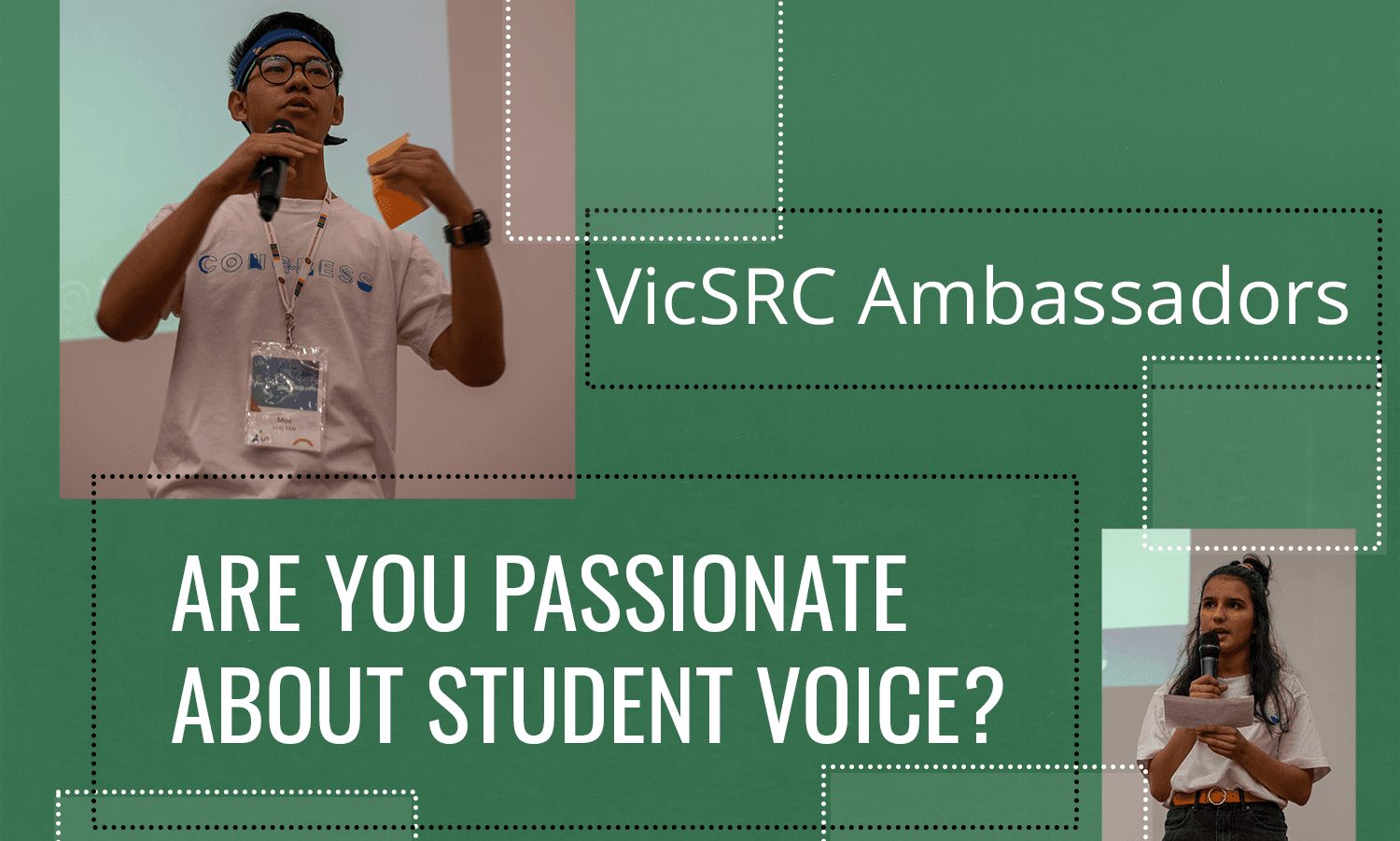Trapped at home in isolation for the final week of her summer break, incoming year 12 student Gitaanjali Nair is doing her best to put a positive spin on a bad situation.
“For me, it’s a good thing because I have to finish reading these English texts,” she says.
Gitaanjali is about to start her final year of school at Penleigh and Essendon Grammar and cannot wait to be back in the classroom this week.
She believes it’s a sentiment shared by nearly all of her peers, who are desperate to mix with friends and even teachers in real life, despite the continuing high case numbers of the Omicron variant.
“You might find one per cent of students who don’t want to be face-to-face because school is so much more than just learning the content,” she says.
Gitaanjali is also a member of the executive advisory committee of the Victorian Student Representative Council, a student-run advocacy group that has declared a mental health crisis among students.
She said her schoolmates were more than happy to comply with COVID-19 health measures such as mask wearing and regular testing if it would help stave off another return to remote learning, though two years of lockdowns and remote learning have taught students not to get their hopes up about what 2022 might bring.
“We all have this sort of worry that events and extracurricular activities that we really love could disappear at any time,” she said. “We are hearing that from a lot of students.”
The VCE students of 2020 and 2021 all had their results modified in a process of individual consideration of educational disadvantage due to COVID-19.
Gitaanjali said there is a case for potentially applying it this year too, even if students do not have to learn remotely.
Year 12 student Evonne Lu, who is also on the council’s executive advisory committee, said she was excited for what this year could bring.
Evonne, who attends Mac.Robertson Girls’ High School, a state government select entry school, said she had confidence in the health and safety measures that schools are adopting, including twice-weekly rapid antigen tests, air purification, vaccination and masks.
“It’s really good that our health is being prioritised because I think that good learning can only happen when students are supported in their mental and physical health,” she said.
As primary students get ready for a new school year, they’ll also be venturing into uncharted territory with COVID-19.
Originally published in The Age 30 January 2022.
Want to support student mental health at your school? Check out our Student mental health support pledge and see what you can commit to!

